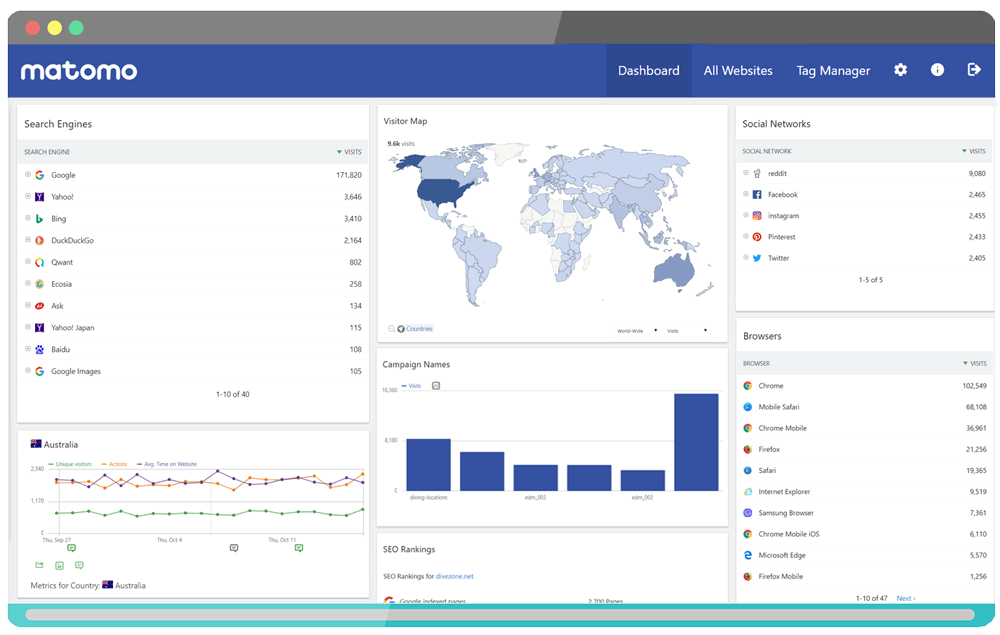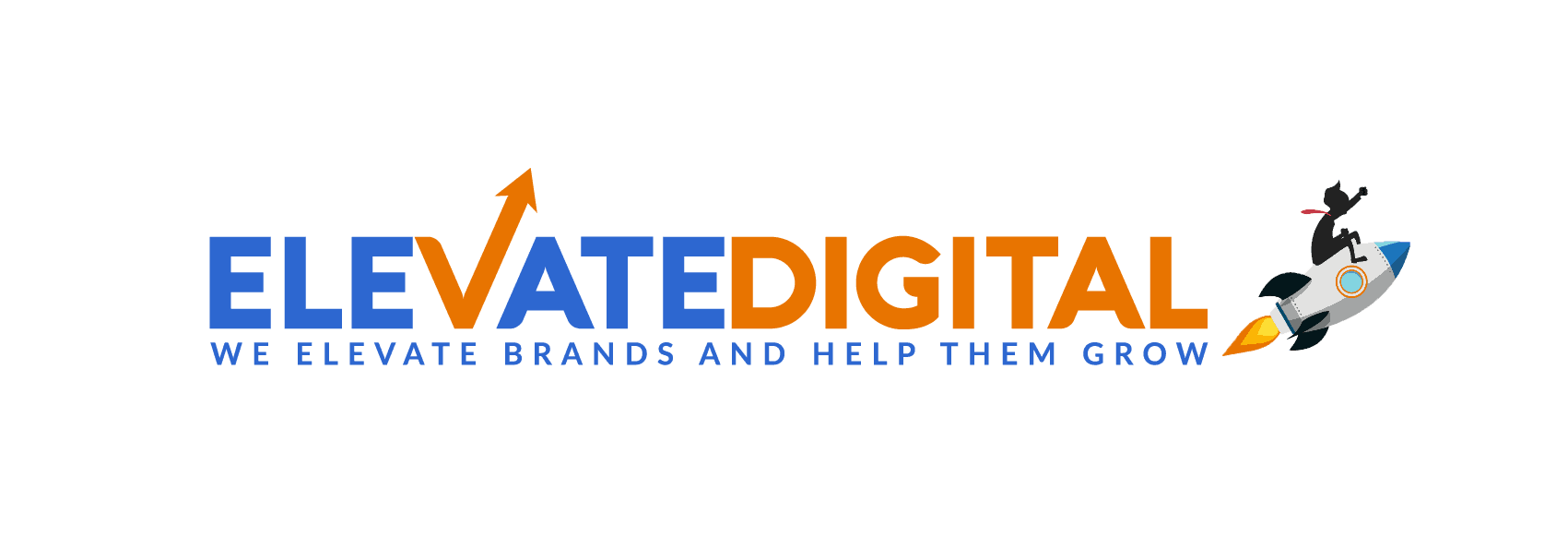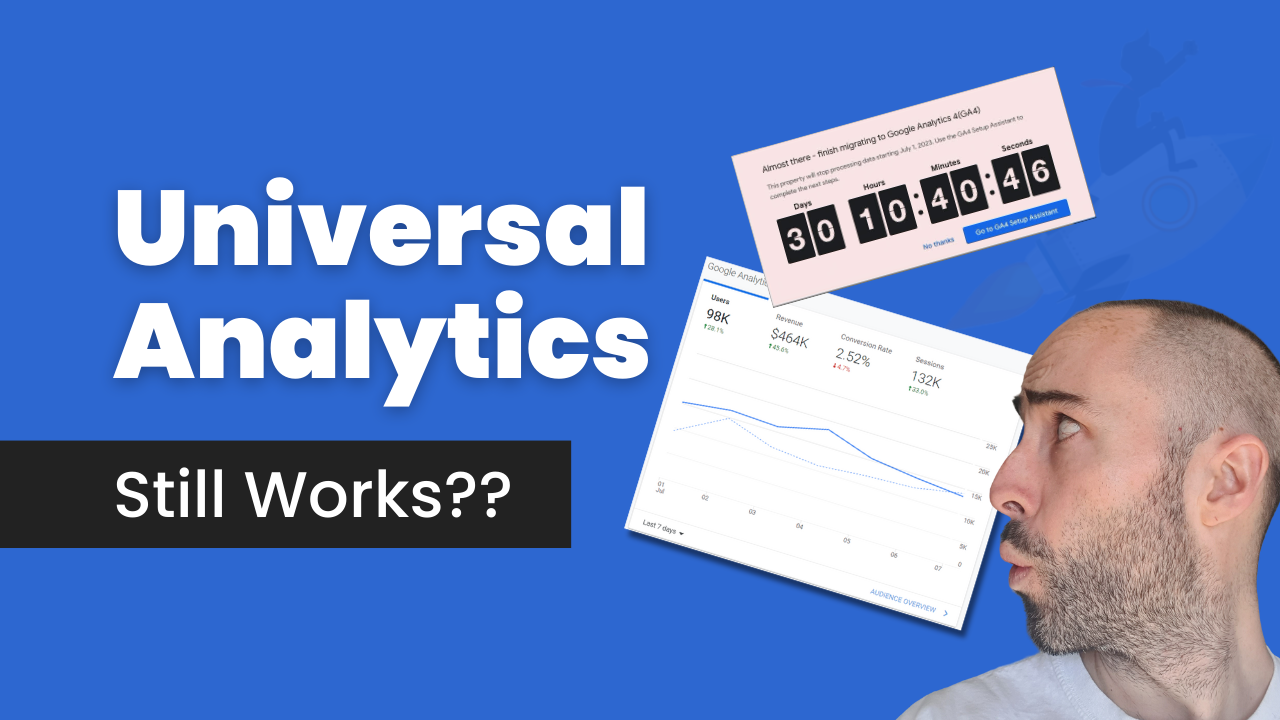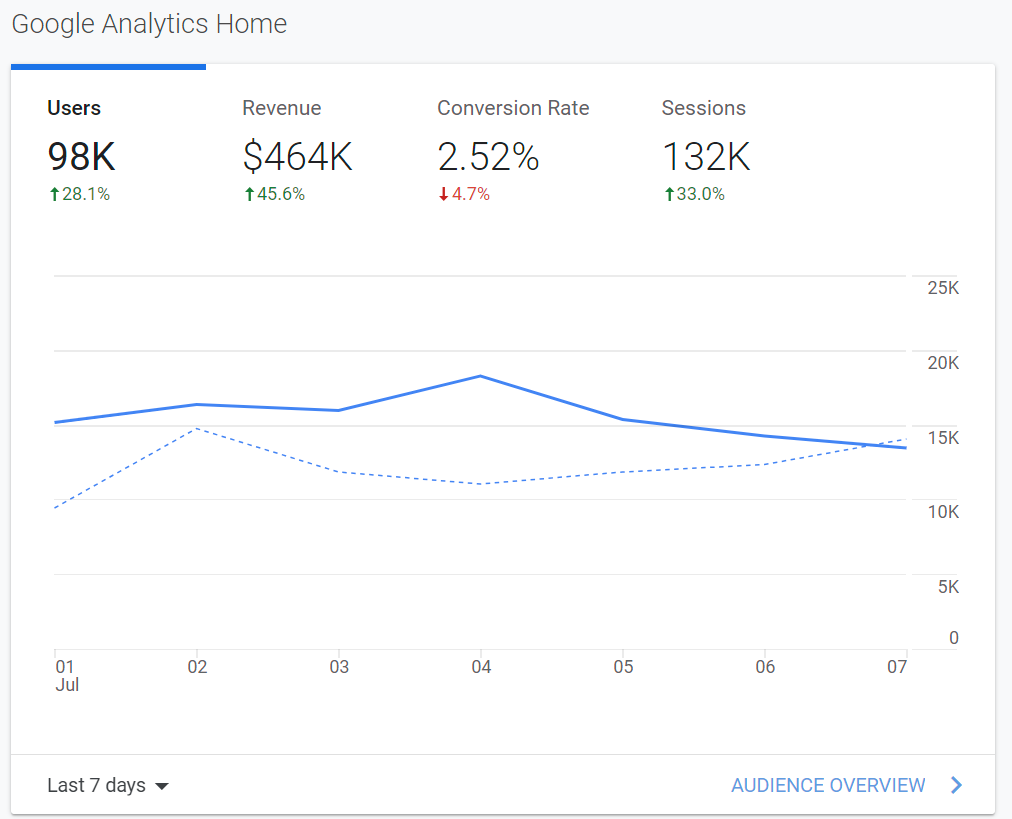The shift from universal analytics to GA4 has been one of the most controversial marketing topics of the past decade (other than AI of course!)
Many marketers feel GA4 simply is too underbaked for launch, missing many of the features of it’s predecessor Universal Analytics! As such it’s easy to understand why some of us may want to hold onto our universal analytics properties.
Well, as some of you might have noticed, a lot of universal analytics properties still seem to be collecting data, despite Google announcing they will be sunsetting universal analytics properties from July 1st 2023.
Here’s an example taken on 8th July from a property still pulling in data…
So what’s the deal!?
Has Google extended the deadline?
Well, it turns out it may not be a hard cut off after all, and the changeover may be staggered depending on your location as indicated by a recent tweet from the Google team:
Today, we begin shutting down Universal Analytics as we welcome you to Google Analytics 4. This will not happen overnight, so some Universal Analytics properties may continue to process data. However, all properties have now been added to the queue, and those that have not…
— Google Analytics (@googleanalytics) July 1, 2023
However, there’s no mention of how long this might take. Is this because Google is hedging against potential issues with the GA4 migration?
It’s difficult to say, but the good news is, you might still have time to cross-reference between both data sources for the time being.
Are there any alternatives to GA4 after the Universal Analytics migration?
Right now there are a few open-source GA4 alternatives on the market.
One of the most popular being Matomo which has proven to be a veyr popular choice amongst data-savvy and security focused marketers.
Personally I’m not a fan of the Matomo interface but there’s no disputing, the tech it’s using is able to produce far more accurate results than a lot of other analytics tools.
The most notable difference between Matomo and Google Analytics is that Matomo doesn’t use data sampling.
A lot of people don’t realise it but Google Analytics actually limits the amount of data that can be collected, meaning they apply machine learning and data sampling to fill in the gaps. This can cause inaccurate data in a lot of instances.
Matomo also doesn’t rely on third-party cookies to collected data, meaning it is unaffected by cookie-blockers. This is going to become increasingly important as we head toward a cookieless future
The only downside to using an open source platform like Matomo is that you have to host the platform on your own server or pay Matomo to host it on one of theirs. Matomo itself as a platform is completely free but as with any platform, it has to live somewhere!

This can actually also be seen as a benefit because you technically own your own data, and you have full control over the data-processing and security measures you put in place.
It’s worth noting that Matomo isn’t the only Google Analytics alternative out there with more and more popping up every day. Just be warned they will likely come at a cost due to the increasing demand for alternative platforms.
Is GA4 really that bad and will it get better?
Google has committed to improving the GA4 platform over time, and whilst it’s missing a number of key features right now (like the ability to easily add annotations), Google will undoubtedly improve the platform over time.
There are also a number of things GA4 does extremely well like the powerful new “exploration” view which allows you to quickly and easily analyse data and create reports in a variety of ways.
Like most things in marketing though, there’s no one-size fits all and you’ll need to explore the options to decide which is best for your business
Want Better Results From Your Marketing?
- Highly-Effective DTC Marketing Strategies & Examples - February 28, 2024
- How To Set Paid Media Marketing Budget - October 16, 2023
- The Ultimate Guide To A/B Testing - September 23, 2023






